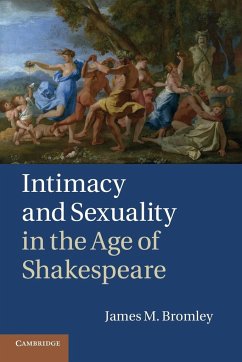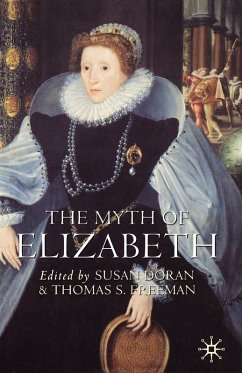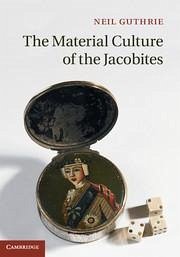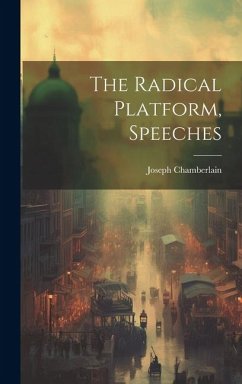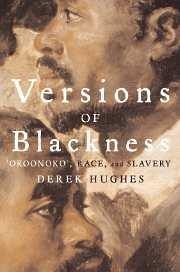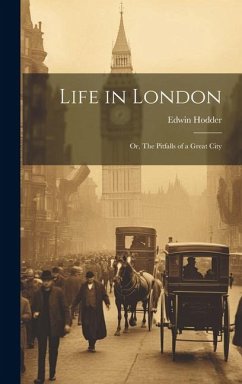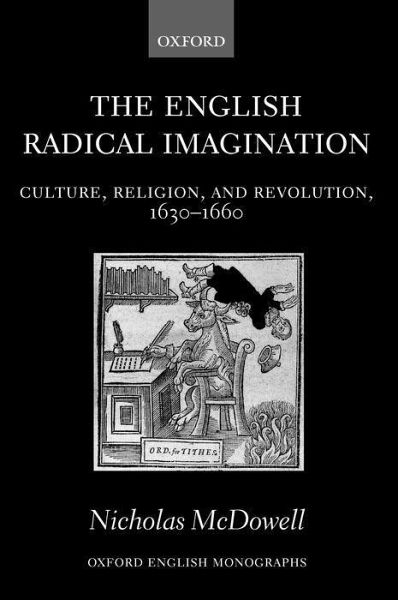
The English Radical Imagination
Culture, Religion, and Revolution, 1630-1660
Versandkostenfrei!
Versandfertig in 1-2 Wochen
216,99 €
inkl. MwSt.

PAYBACK Punkte
108 °P sammeln!
Chapters 1-2 investigate how critics - especially those sympathetic to the radicals - have tended to repeat hostile contemporary stereotypes of the ideologists and publicists of radicalism as 'illiterate Mechanick persons'. The failure to recognize the elite cultural background of these writers has resulted in a failure to acknowledge the range of their intellectual and rhetorical resources and, consequently, in a misrepresentation of the sophistication of both their ideas and their writing. Chapters 3-5 are case studies of some of the most important and innovative radical writers. They show how these writers use their experience of an orthodox humanist education for the purposes of satire and ridicule and how they interpret texts associated with orthodox ideologies and cultural practices to produce heterodox arguments. Radical prose of the English Revolution thus emerges as a more complex literary phenomenon than has hitherto been supposed, lending substance to recent claims for its admission to the traditional literary canon.
This study addresses current critical assumptions about the nature of radical thought and expression during the English Revolution. Nicholas McDowell challenges the divide between "elite" and "popular" culture in the seventeenth century and argues that the radical writing of the English Revolution is a more complex literary phenomenon than has hitherto been supposed, lending substance to recent claims for its admission to the traditional literary canon.




